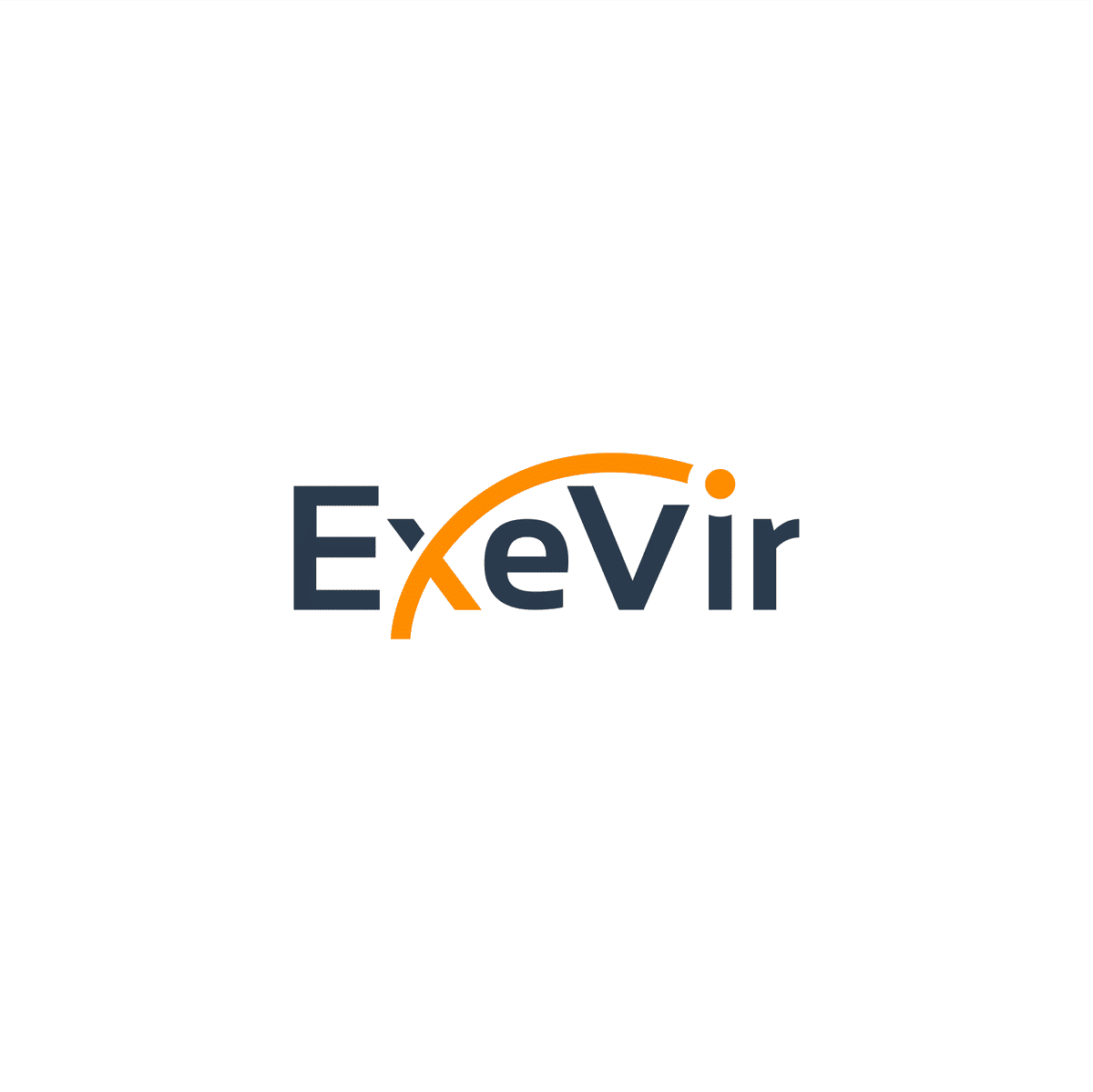Dengue is a mosquito-borne viral infection listed by WHO as top 10 threat for global health The government grant is awarded by Flanders Innovation & Entrepreneurship (VLAIO) GHENT, Belgium, June 28, 2023 (GLOBE NEWSWIRE) -- ExeVir Bio, a biotech company developing robust single domain antibody therapies for broad protection against infectious diseases, today announced it has been awarded a two-year R&D grant of EUR 1.6 million by Flanders Innovation & Entrepreneurship (VLAIO) for pre-clinical research towards prophylactic and therapeutic solutions for dengue. According to the WHO, dengue is one of the most important vector-borne viral diseases globally that is transmitted from mosquitoes to humans [1]. It is mainly spread by Aedes aegypti mosquitoes and, to a lesser extent, Aedes albopictus mosquitoes. In 2019, Dengue was listed by the WHO as a top ten global health threat [2]. It is caused by any of four dengue virus serotypes, each of which can cause dengue fever, and, in some cases, it can lead to deadly complications such as dengue hemorrhagic fever or dengue shock syndrome. The incidence of dengue has grown dramatically around the world in recent decades, fueled by climate change and urbanization leading to recent transmission in parts of mainland US and Europe. Dengue is a leading cause of fever in travelers returning to the US and Europe from endemic countries, and the incidence of dengue among travelers is generally underestimated [3][4]. The medical need remains very high as there are no specific antiviral therapeutics available for the disease, limiting the treatment options to relieving symptoms and preventing complications. While the current vaccines are a big step forward in protecting people, they are not 100% effective and cannot be used for all. ExeVir is leveraging its unique, modular llama-derived antibody (VHH) technology platform to generate multi-specific antibodies for prophylaxis and treatment against infectious diseases, such as dengue. ExeVir’s technology will enable cross-reactivity against all four serotypes, have a dual mode of action, and be prophylactic and therapeutic with a sufficiently long treatment window. Dr. Torsten Mummenbrauer, CEO of ExeVir, said: “We’re delighted with this support from the Flemish Government as it will help us with our research into using our powerful VHH technology to combat global health threats from infectious diseases beyond COVID-19.” Alongside this dengue R&D project, ExeVir remains committed to its pioneering work in developing COVID-19 solutions for the millions of immunocompromised people who remain at high risk of severe morbidity or death from COVID-19 as they do not generate the same level of antibodies as immunocompetent people and could benefit from new multi-specific antibodies. References [1] https://www-who-int.libproxy1.nus.edu.sg/news-room/fact-sheets/detail/dengue-and-severe-dengue[2] https://www-who-int.libproxy1.nus.edu.sg/news-room/spotlight/ten-threats-to-global-health-in-2019[3] https://www-cdc-gov.libproxy1.nus.edu.sg/mmwr/volumes/69/wr/mm6906a1.htm[4] https://www.eurosurveillance.org/content/10.2807/1560-7917.ES.2022.27.2.2001937 About VLAIO Flanders Innovation & Entrepreneurship (Agentschap Innoveren & Ondernemen - VLAIO) is a Flemish Government agency that stimulates and supports R&D activities by innovative entrepreneurs and companies. More information: https://www.vlaio.be/en About ExeVir Bio ExeVir Bio is a clinical stage biotechnology company developing single-domain antibody based therapeutics focusing on infectious diseases. The company is harnessing its llama-derived antibody (VHH) technology platform to generate multi-specific antibodies for prophylaxis and treatment of infectious diseases. ExeVir’s initial focus is on prevention of COVID-19 for the immunocompromised patient population, including active chemotherapy, immunosuppressive drugs, solid organ transplantation, hematological malignancies, and AIDS patients, where there remains a high unmet need due to the limitations of current vaccines and therapeutic approaches. ExeVir’s COVID-19 pipeline includes XVR012, a combination product of XVR013 and XVR014, a bi-specific single-domain-based antibody construct which targets two conserved epitopes in the S1 subunit. Together they target several S1 and S2 epitopes in one product. XVR021 is targeting dengue and XVR031 is for pandemic preparedness. ExeVir has demonstrated it can progress its candidates from research to the clinic in under one year, execute on Phase 1a and Phase 1b studies, and conduct scale-up manufacturing. Leveraging this extensive experience, its XVR012 asset is being developed to start First in Human clinical trial in 2024. VHHs are smaller in size than whole antibodies, giving them access to hidden epitopes that traditional monoclonal antibodies are unable to reach with potential for deeper tissue penetration and simpler, more cost-effective manufacturing. VHHs can be linked together like building blocks into a single molecule to tackle different epitopes or act through different mechanisms of actions at once, to address the “arms race” in more complex and co-evolving infectious diseases. ExeVir is a spin out of VIB, the leading Belgium-based life sciences research institute. It is backed by strong investors including Fund+, which led the series A of EUR 42 million, together with an international consortium including UCB Ventures, SFPIM, V-Bio Ventures, VIB, Wallonie Entreprendre, Noshaq, Vives IUF and SambrInvest. ExeVir has received support from VLAIO, the SPW-Recherche and the European Union, leading to a total of EUR 18 million in non-dilutive funding. In 2023, ExeVir secured an option for EUR 25 million venture debt financing from the European Investment Bank. Find out more on ExeVir’s LinkedIn or on ExeVir’s website







